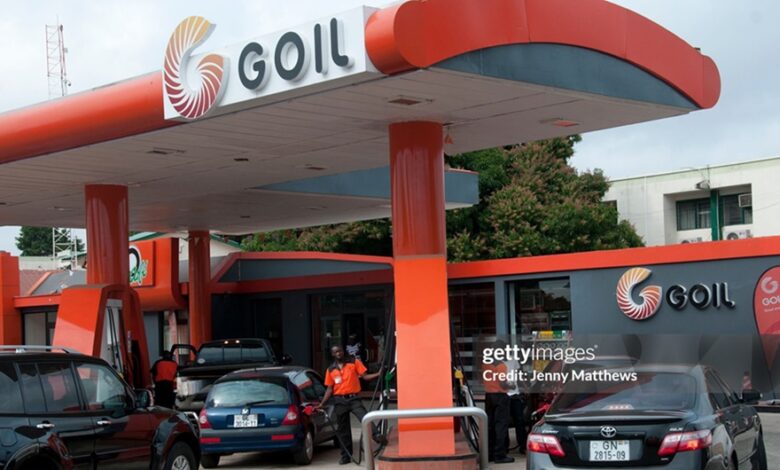End tax waivers on imported bitumen – GOIL CEO

KWAME Osei Prempeh, Group Chief Executive Officer and Managing Director of GOIL Ghana PLC, has called on the government to immediately halt tax waivers on imported bitumen by local contractors.
His appeal comes in the wake of the commissioning of Ghana’s largest bitumen processing plant, located in Tema, Greater Accra, marking a significant milestone in the country’s road construction and industrial development.
The state-of-the-art bitumen processing facility is the result of a joint venture between Ghana’s GOIL PLC and Côte d’Ivoire’s Société Multinationale de Bitumes (SMB). This project is expected to transform the local road construction sector by reducing reliance on imported bitumen, while positioning Ghana as a major player in the West African bitumen market.
During the commissioning ceremony, Mr. Prempeh emphasized the need for policies that prioritize the use of locally sourced bitumen. He urged the government to implement measures to encourage contractors to buy bitumen domestically, thereby maximizing the benefits of the new facility.
“Your Excellency, for the country to derive maximum benefit from projects like this, we humbly request that a policy requiring road contractors to source their bitumen locally be put in place and enforced. The current practice of granting tax waivers to contractors for importing bitumen should be discouraged,” Mr. Prempeh said.
He further highlighted the potential revenue loss to the country due to unregulated imports, stating, “Every effort must be made to prevent the influx of bitumen into the country through unapproved routes, which deny Ghana much-needed revenue.”
The newly commissioned GOIL/SMB Bitumen Plant has a total storage capacity of 7,500 metric tons and is capable of processing base bitumen imported from Côte d’Ivoire into high-quality polymer-modified bitumen (PMB) and bitumen emulsions. These products are critical for building durable road infrastructure, particularly under extreme weather conditions and heavy traffic loads.
PMB, which is produced by adding polymers to standard bitumen, is known for its superior elasticity, strength, and resistance to cracking. This makes it ideal for use in high-stress areas such as highways, airport runways, and other vital infrastructure projects.
The establishment of the bitumen plant is expected to significantly reduce Ghana’s dependency on imported bitumen, providing the local market with high-quality, cost-effective materials. It will also enhance the country’s capacity to deliver durable and sustainable roads, while creating jobs and boosting the local economy.
Mr. Prempeh’s call for an end to tax waivers on imported bitumen aligns with the government’s broader goals of fostering local industry and reducing the outflow of foreign exchange for imports. The new bitumen plant presents an opportunity for Ghana to become self-sufficient in road construction materials, helping to strengthen the country’s infrastructure development plans.
As the plant becomes fully operational, stakeholders in the road construction industry will be watching closely to see if the government takes the necessary steps to encourage local procurement of bitumen and ensure the long-term sustainability of the project.




